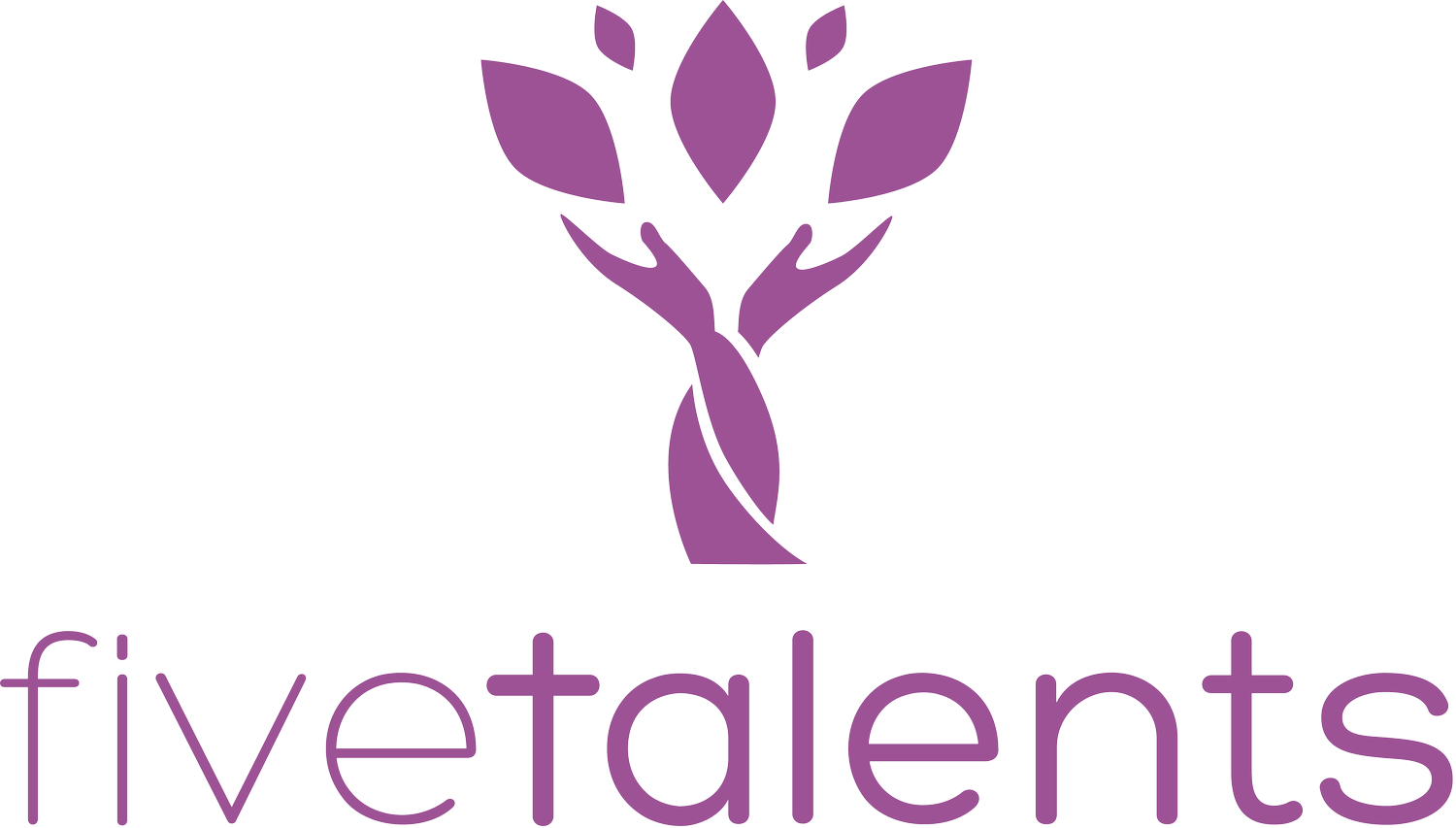Bishop James Ssebaggala has a grand vision for empowering the poor in his Diocese. Seated around the breakfast table with James and his wife (affectionately known as Mama Bishop), he talks about starting new schools and training farmers in techniques to increase their yields.
To help bring his vision to pass, Bishop James started the Mudi SACCO, a type of credit co-operative supported by Five Talents. The cooperative acts as it's own micro-economy, enabling the poorest to deposit their savings and borrow small loans whilst also offering larger loans to rural schools and community development projects. Now that the SACCO is in place, schools can borrow loans to invest in (what is often the most basic) infrastructure and repay with interest from the school fees. Not only that, but the lady selling bananas in her village can borrow small loans from the growing fund. At least that's the idea.
Soon though we're heading down a long untarmacked road following Daniel, the Loan Officer, who rides a motorbike that Five Talents helped purchase to reach these highly marginalised locations. After about an hour we pull into Destiny Primary School and greeted by over 200 children - quite a change from the usual programme visits we make to small businesses.
The school is very basic. Probably more so than you're imagining. The earth walls of the three classrooms only reach to hip height with a gap between the mud bricks and the tin roof. The headteacher tells us that the school opened in January in response to the need of the poorest families in the nearby villages who couldn't afford the transport costs to send their children to the nearest government schools.
But what he really wants to tell us about is the roof. The (fairly unremarkable) roof which was built using a loan borrowed from the SACCO. Without it, the school would never have been able to open. They have already repaid the loan using the school fees and hope to borrow a second loan to finish construction.
The impact of the SACCO for just this one school was quite staggering and a recent independent evaluation noted that access to these kinds of loans had been fundamental in allowing community projects like this to go ahead in the very poorest communities. The SACCO is currently supporting 15 schools and various other projects. It was particularly exciting to see midwifery school and a tractor which local farmers can rent with the help of small loans which are repaid after harvest.
We also often talk about the benefit of working through the local church; the trusted, rural-reaching network it provides. The evaluation of the SACCO also found that, its links with the Church were the primary reason that individual members trusted the organisation. During our visit we also met several women running small businesses - more of what you often hear us talking about. One group of women we met had saved together and borrowed small loans to start a business making mats. As a result, they said one had rebuilt the roof of her deceased son's home and rents the house to earn an income to support her orphaned grandchildren. From another woman, we hear exactly what we hear again and again from our clients: now she is able to send her children to school.
"I used to spend all my excess money but now I run to the SACCO to save it," says Isabirye Stephen Lowly - a farmer who grows passion fruit and other vegetables.
Learn more about Five Talents work in Uganda.
-This article was written by Five Talents UK.


